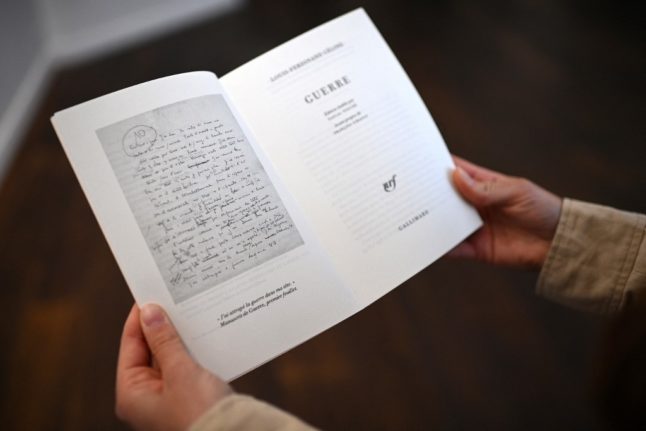“Through his condensed, transluscent images, he gives us fresh access to reality,” read the citation from the Swedish Academy.
Tranströmer becomes the first Swede in almost 40 years to win the prestigious prize.
The 80-year-old Swede from Stockholm began his serious writing career in 1954 when he published “17 dikter” (17 poems) – one of the most acclaimed literary debuts of the decade.
Predominant in his work are themes of nature and music and he followed up “17 dikter” with a slew of collections in the 1950s and 1960s, including: “Hemligheter på vägen” (1958; Secrets along the way), “Den halvfärdiga himlen” (1962; The Half-Finished Heaven, 2001) and “Klanger och spår” (1966; Windows & Stones : Selected Poems, 1972).
With “Windows & Stones : Selected Poems”, published in English in 1972, he consolidated his standing among critics and other readers as one of the leading poets of his generation, according to the Swedish Academy biography.
A significant amount of his work has been translated into English and other languages including “The Sorrow Gondola” and “New Collected Poems”, published in 2010 and 2011 respectively.
Tranströmer suffered a stroke in 1990 which impaired his speech, but he continues to write. He has been mentioned several times in the past as a candidate for the Nobel prize and was also tipped as one of the favourites this year.
Aside from his work as a writer, Tranströmer was also respected for his work as a psychologist prior to suffering his stroke, working in juvenile prisons and with drug addicts and convicts.
Tomas Tranströmer is the first Swedish writer since Eyvind Johnson and Harry Martinson, who shared the prize in 1974, to claim the Nobel.



 Please whitelist us to continue reading.
Please whitelist us to continue reading.
Member comments